-
Patchouli Plants For Sale
Pogostemon cablin
The smell of the Patchouli plant is both exotic and familiar. Herb gardening means more than just looks, and we encourage you to plant herb plants we have grown for their aromatic value.
This aromatic herb emits the definitive perfume of the Orient and India in particular. It is widely used in perfumes, oils and soaps and its leaves make an excellent potpourri. Patchouli made a resurgence in the 1960's as a popular oils used by Hippies to condition their skin and hair. Also used as an aphrodisiac, Patchouli is often found in many Aromatherapy products and incenses.
Medically, Patchouli is antibacterial and anti fungal. Used for ages in the Far East, Patchouli was employed to treat nausea, headaches, colds and even venomous snake bites. Patchouli has also been known as a skin toner and to be effective in treating acne and eczema.
The plant's anti fungal properties also render it a natural insecticide and makes a great preventative plant for your garden. Ancient Chinese silk traders used to pack Patchouli leaves within the folds of their silk cargoes to prevent damage from moths. Try using Patchouli in your drawers and attics instead of toxic mothballs!
Patchouli plants are a member of the Lamianceae family, which includes Mints, Lavenders and Oreganos. This fragrant plant makes an excellent houseplant. Keep it in filtered light and do not let it dry out. It is an easy plant to grow, and will reward you with lovely white flowers!
-
-
Patchouli Plants For Sale
Pogostemon cablin
The smell of the Patchouli plant is both exotic and familiar. Herb gardening means more than just looks, and we encourage you to plant herb plants we have grown for their aromatic value.This aromatic herb emits the definitive perfume of the Orient and India in particular. It is widely used in perfumes, oils and soaps and its leaves make an excellent potpourri. Patchouli made a resurgence in the 1960's as a popular oils used by Hippies to condition their skin and hair. Also used as an aphrodisiac, Patchouli is often found in many Aromatherapy products and incenses.
Medically, Patchouli is antibacterial and anti fungal. Used for ages in the Far East, Patchouli was employed to treat nausea, headaches, colds and even venomous snake bites. Patchouli has also been known as a skin toner and to be effective in treating acne and eczema.
The plant's anti fungal properties also render it a natural insecticide and makes a great preventative plant for your garden. Ancient Chinese silk traders used to pack Patchouli leaves within the folds of their silk cargoes to prevent damage from moths. Try using Patchouli in your drawers and attics instead of toxic mothballs!
Patchouli plants are a member of the Lamianceae family, which includes Mints, Lavenders and Oreganos. This fragrant plant makes an excellent houseplant. Keep it in filtered light and do not let it dry out. It is an easy plant to grow, and will reward you with lovely white flowers!

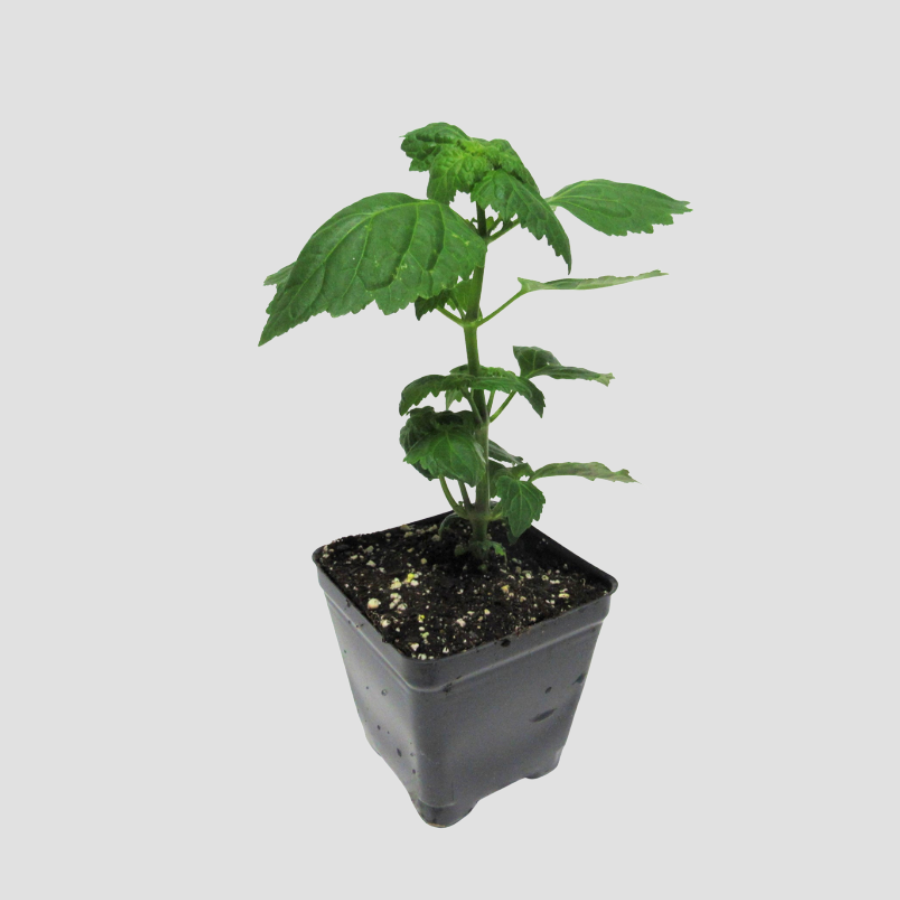
What’s included
Included items will appear here once configured.
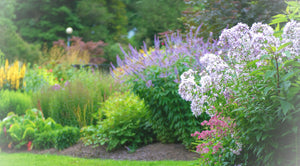
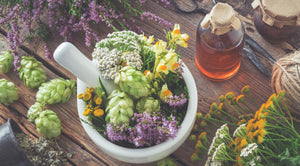

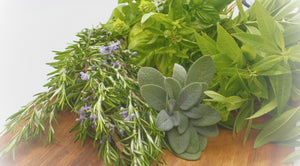



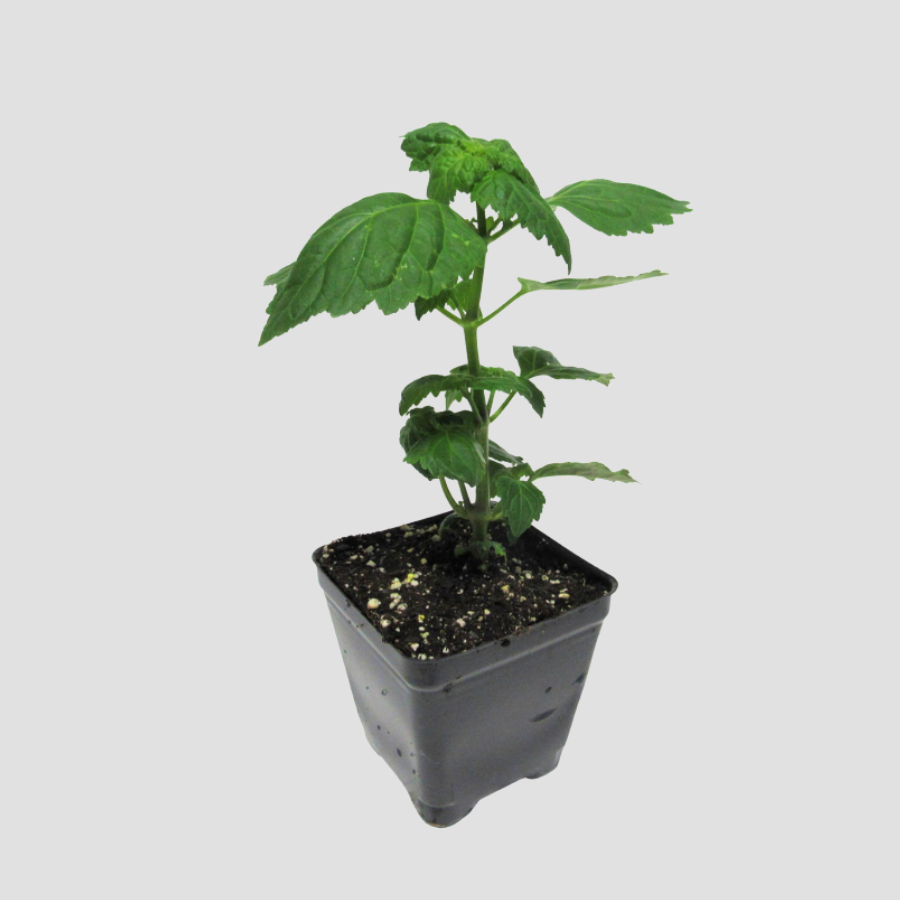



 Medicinal
Medicinal
 Aroma
Aroma
 Container
Container
 Pollinator
Pollinator
 Indoor
Indoor
 Butterfly
Butterfly